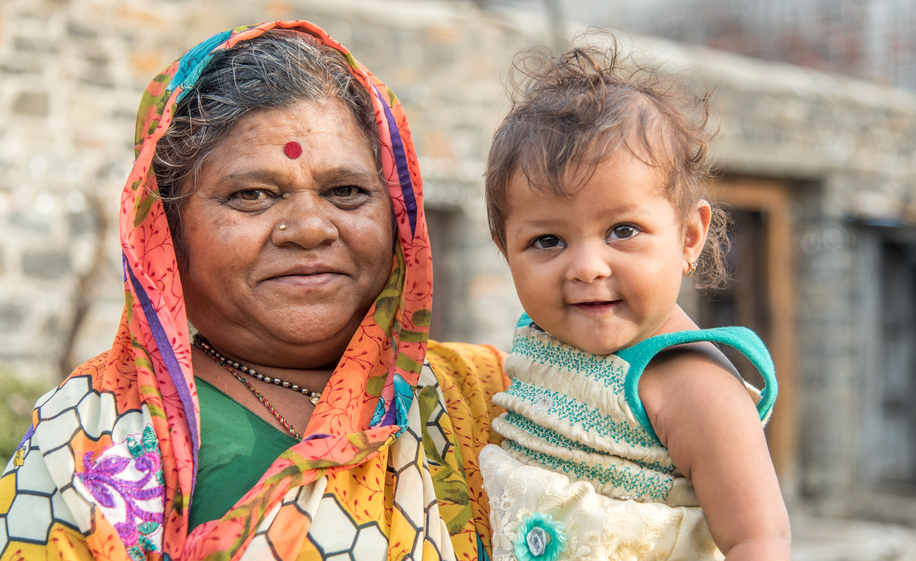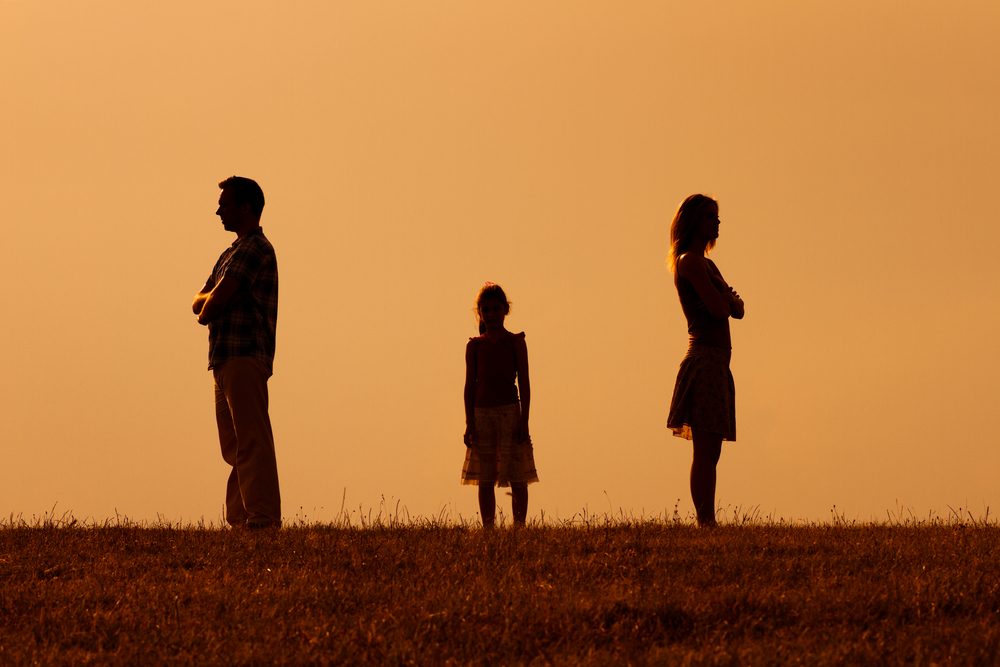Mothers are never quite good enough when fathers are around. This is one of Indian society’s favourite tenets, one that is inscribed in law. The Hindu Minority and Guardianship Act, 1956 makes the father the natural guardian of minor children unless the children are below five, in which case they can be with their mother. This has been challenged by a public interest litigation, as a result of which the Supreme Court has sought the Centre’s response. The provision is being challenged on more than one plane. In principle, it can be seen as violating the constitutional promise of equality, barring discrimination on grounds including gender. That it has persisted for so long — the second decade of the 21st century — is a reflection of gender inequality being accepted as normal in Indian society, and of the fact that the status of women in people’s minds, whatever the external realities, remains unchanged, if only in ill-intentioned wishes. The fact that economic and social clout is no longer purely male territory forms the other plane of the challenge. As society changes, so must the laws that embody society’s notions of justice, including gender justice. The Supreme Court’s query to the Centre is therefore welcome.
The Supreme Court in 2015 had ruled in favour of an unmarried mother’s legal guardianship that was not being allowed by the lower courts without permission from the father, whom the woman refused to identify. The writer, Githa Hariharan, earlier won a case that established that a mother alone could sign as guardian even if the father were available. Should there be an amendment in the guardianship law in favour of equality it would be a forward-looking step in law. Yet such changes evolve out of the invisible pressures generated by the most articulate, progressive segments of society. According to the last census, 23 million rural households are headed by women. Far from being indicators of progress, these households are some of the most deprived and marginalized, where the men have left or are dead. Here custody just happens; it is not a right. Laws evolve, but the process must take account of those who are left out. Only then can a country have a truly civilized law-book.












